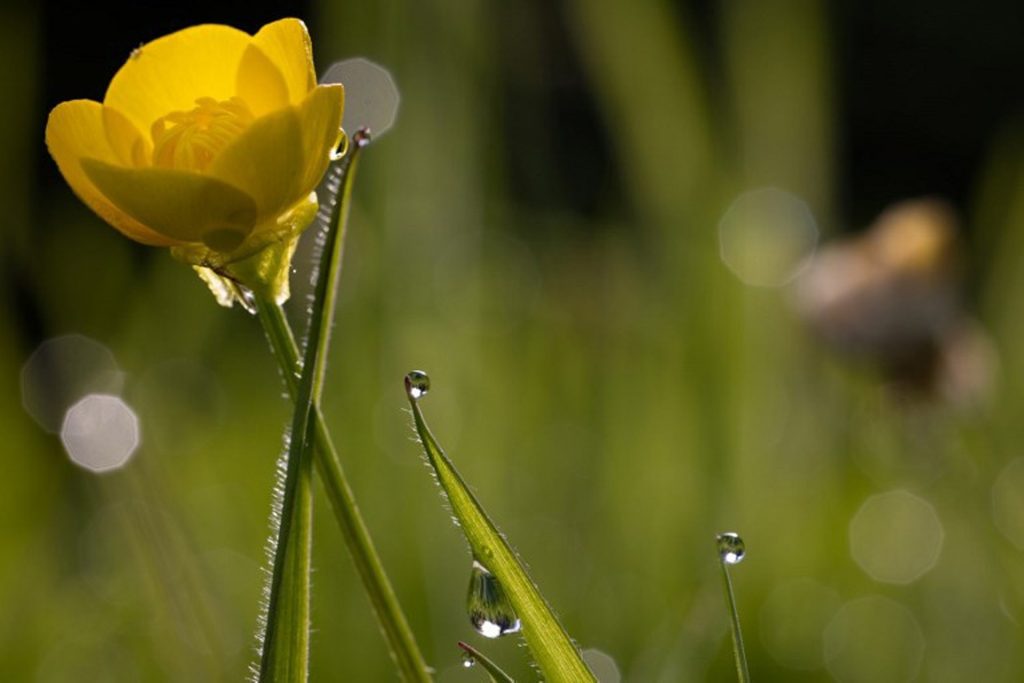The European Food Safety Authority (EFSA) and the European Commission are launching the #PlantHealth4Life awareness campaign, in which Belgium is taking part, to raise public awareness of plant health risks and how to avoid such risks, particularly when returning from travel, EFSA noted in a statement.
The European Authority pointed out that plants are "the mainstay of life on Earth", but that due to climate change and human activities such as trade and travel, they are under great pressure and harmful organisms can result in significant economic and environmental losses.
"Travellers returning from one of the five Belgian airports are advised not to bring back any plants in their suitcases," the press release stated. Plants can harbour parasites destroying millions of trees, either directly or as a protective measure when no treatment is available.
In 2018, the Xylella fastidiosa bacterium was discovered in Belgium on olive trees from Spain showing suspicious symptoms. The contaminated plants were quickly destroyed and other susceptible plants were eliminated within a 50-metre radius.
Potato production had also been threatened by another bacterium, Ralstonia solanacearum, still present in the waterways of Antwerp and Limburg.
Related News
- Two thirds of soils in Europe are in bad condition, says EU report
- Climate change affects 77% of Walloon farmers, study shows
Travellers are therefore advised not to bring back seeds from exotic plants they may have discovered outside the European Union or to check, when buying plants online outside the EU, that they are accompanied by a phytosanitary certificate.
"Plant health is fundamental to our well-being and the environment. By involving people from all over the EU, we aim to create a collective responsibility to safeguard their health," explained EFSA Executive Director Bernhard Url.

